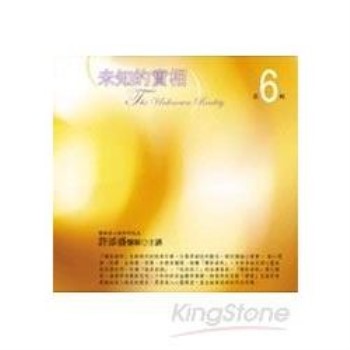The book investigates a riveting, richly documented conflict from thirteenth-century England over church property and ecclesiastical patronage.
Oliver Sutton, the bishop of Lincoln, and John St. John, a royal household knight, both used coveted papal provisions to bestow the valuable church of Thame to a familial clerical candidate (a nephew and son, respectively). Between 1292 and 1294 three people died over the right to possess this church benefice and countless others were attacked or publicly scorned during the conflict. More broadly, religious services were paralyzed, prized animals were mutilated, and property was destroyed. Ultimately, the king personally brokered a settlement because he needed his knight for combat. Employing a microhistorical approach, this book uses abundant episcopal, royal, and judicial records to reconstruct this complex story that exposes in vivid detail the nature and limits of episcopal and royal power and the significance and practical business of ecclesiastical benefaction.
This volume will appeal to undergraduate and graduate students alike, particularly students in historical methods courses, medieval surveys, upper-division undergraduate courses, and graduate seminars. It would also appeal to admirers of microhistories and people interested in issues pertaining to gender, masculinity, and identity in the Middle Ages.












